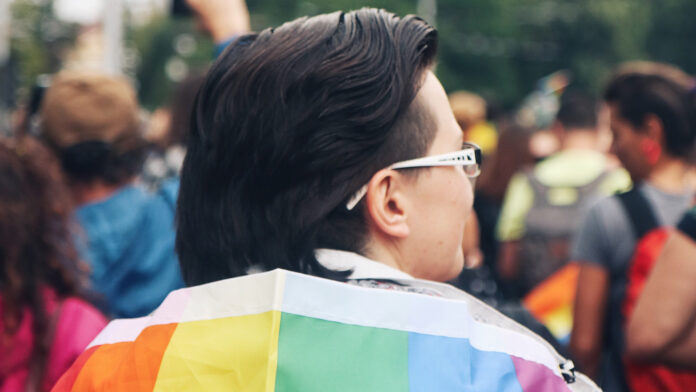The Philippines is one of the countries in the world where one can openly come out as gay. Representation of the LGBTQ+ community is evident in households, media, and the Philippine government. However, representation does not guarantee safety.
According to the “Global Workplace Equality Index” in 2018, the Philippines is classified as a Zone 2 country. It means that “sexual acts between people of the same sex are legal but no clear national employment protections exist.”
In a more recent survey by Asher and Lyric Fergusson, the Philippines ranked 94 in the “LGBTQ+ Travel Safety Index.” The index was based on nine factors which are:
| Factors | Description | Philippines result |
| 1 | Legalized same-sex marriage | No LGBTQ+ Protection |
| 2 | Worker protections | Limited Protection |
| 3 | Protections against discrimination | Limited Protection |
| 4 | Criminalization of violence | No LGBTQ+ Protection |
| 5 | Adoption recognition | No LGBTQ+ Protection |
| 6 | Is it a good place to live? | 51-75% |
| 7 | Transgender legal identity laws | illegal |
| 8 | Illegal same-sex relationships | N/A |
| 9 | Propaganda/morality laws | N/A |
According to the result, the country has “No LGBTQ+ Protections’ ‘ for factors 1,4, and 5. For factors 2 and 3 there’s only “Limited Protection.” For number 6, the Philippines’ score ranged from 51-75%. Factor number 7 is “illegal” while factors 8 and 9 are not applicable. The result is an overall travel safety index of 44.
Although the LGBTQ+ community is recognized in the Philippines, the cry for gender equality continues. The Sexual Orientation and Gender Identity and Expression (SOGIE) Bill has been opposed by the Congress for over two decades now.
In 2019, Senate President Tito Sotto and other legislators blocked the passage of the bill. According to Sotto, the bill is redundant due to the existing basic Human Rights Law. He also added that the bill obstructs religious and academic freedom.
If the bill fails to pass in the Senate by the end of 2022, Senators who support LGBTQ+ will need to refile it in the next Congress.
The SOGIE bill ensures the protection of LGBTQ+ community against any forms of discrimination and violence associated with gender and sexual orientation. It also acknowledges that the Philippines recognizes the non-discrimination of the LGBTQ+ as both a national and international duty.
The Philippines is generally safe for the LGBTQ+ community in terms of acceptance. But in terms of legislation, we have not come far enough.


